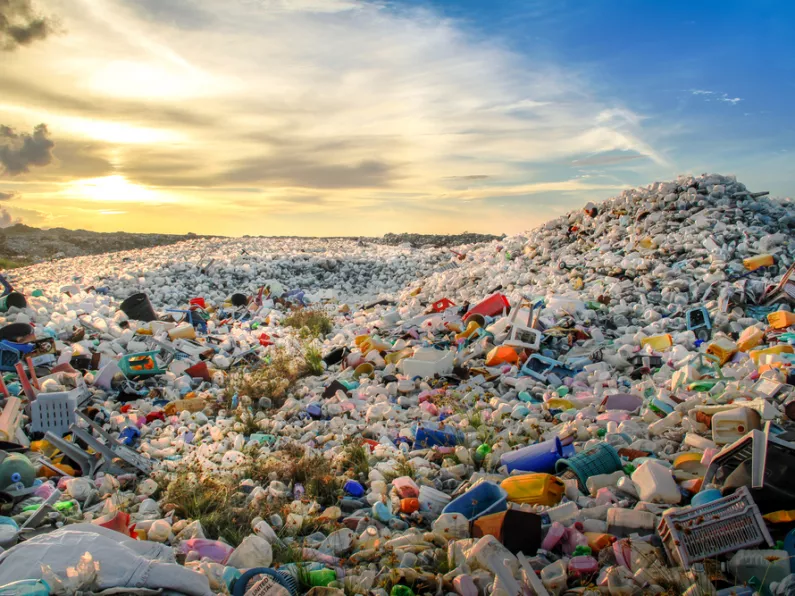Plastic pollution is quite literally killing our planet.
In the last 100 years, we as humans have produced, used, and dumped A LOT of plastic.
And since it can take more than 500 years to decompose, that’s a terrifying problem.
Plastics that aren’t recycled generally end up in landfill, are incinerated, block our drains, or litter our land and water and kill animals and sea life.
This plastic waste also leaks pollutants into the soil and water, which ends up in our food chain.
According to a 2016 report, 12 million tonnes of plastic enter our marine environment every year.
At the current rate of plastic production and disposal, that means plastic could outnumber fish in the ocean by 2050!
The bottom line is that plastic is so cheap and convenient that it has led to a lazy throw-away culture that’s threatening our very existence.
It might take you just a few minutes to drink a bottle of water, but that bottle takes hundreds of years to decompose – releasing deadly toxins and micro particles as it does.
10 ways plastics are destroying our environment
Here are 10 ways plastics are destroying our environment.
- Millions of animals are killed by plastics every year, from birds to fish. Most of the deaths are caused by entanglement, choking or starvation. The tiniest bits also damage zooplankton, creatures that are critical in the ocean's ability to absorb carbon.
- Plastic also harms the environment by killing land animals, who commonly get tangled or choke.
- We’re also eating micro particles or particles which damage our bodies. And we’re ingesting toxins released by decomposing plastics that have seeped into the soil and water.
- Speaking of soil, these toxins not only affect the trees and plants which store carbon and provide oxygen, but also our own ability to grow food and feed livestock.
- Discarded plastic can release harmful chemicals into the soil, which can then seep into groundwater or other surrounding water sources, and also the ecosystem. Micro particles also get into our drinking water and end up damaging our health.
- New studies have shown that plastic is responsible for almost 4% of the world's total greenhouse gas emissions. Almost all plastics are made from chemicals that come from the production of planet-warming fuels (gas, oil and even coal).
- Burning plastics in incinerators also releases climate-wrecking gases and toxic air pollution, and that’s exactly what happens a lot of the plastic that isn’t recycled.
- Discarded plastics litter our streets and land, blocking pipes and drains and leading to flooding.
- The extraction of fossil fuels has a negative impact on local ecosystems by disturbing wildlife, polluting ground water systems, and causing oil spills in the ocean. This extraction and subsequent processing make up half of all global greenhouse gas emissions.
- Ingredients can include a plethora of toxic, cancerous, and hormone-disruptive chemicals. Some of these chemicals are also released as by-products of plastic production. When released, they eventually end up in our ecosystem through the land, water, and air pollution.








